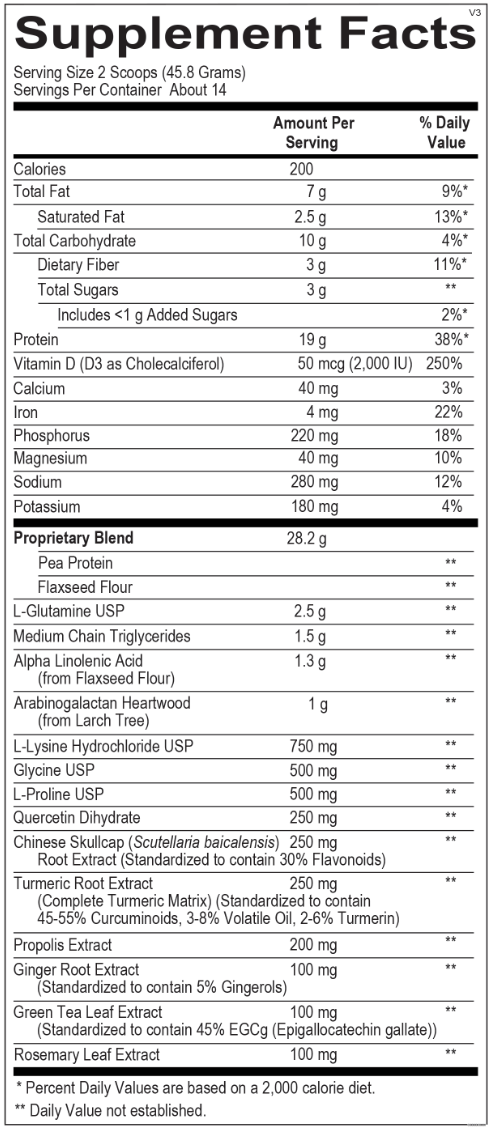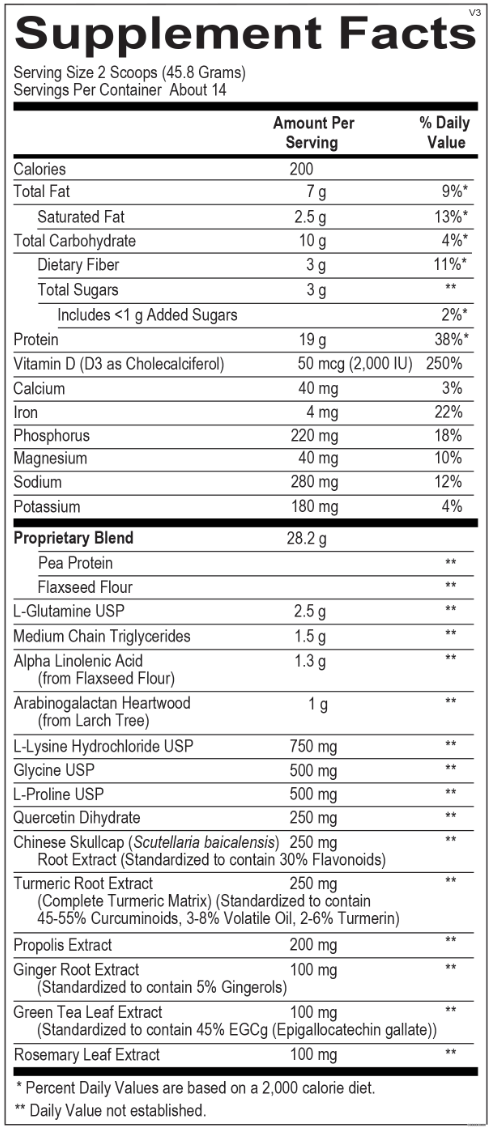
Health Benefits of Taking Magnesium: Uses, Benefits & Dosage
Dr Anita Nischal| According to a recent survey, a large population in the U.S. are not eating enough magnesium-rich foods. The low magnesium can raise the inflammation, which in turn, has been related to major health conditions such as heart disease, diabetes, and certain cancers. Also, low magnesium can lead to a risk factor for osteoporosis. |
Magnesium deficiency may cause havoc within your cells, and the condition worsens as you age. After bones, the maximum concentrations of magnesium in the body are in your heart and brain, which is why a lack of magnesium can even be deadly. And yet, up to 75% of North Americans might have magnesium deficiency.
What is Magnesium?
Magnesium is a significant mineral which is playing a role in over 300 enzyme reactions in the human body. The key functions of magnesium embrace helping with muscle and nerve function, supporting blood pressure and the immune system.
It is one of the 24 essential vitamins and minerals. The adequate magnesium levels defend metabolic health, calm mood, keep stress in check, help better sleep, and contribute to heart and bone health.
What does Magnesium do for the body?
Magnesium is helpful to the human body in numerous ways:
- Regulates & facilitates many crucial body functions.
- Acts as a healthy enzyme.
- Boosts energy production.
- Aids in bone development and protectors against bone loss
- Helps control the stress-response system of our body.
How much Magnesium per day should one consume?
The suggested amount of Magnesium differs by age and sex. Check out the table below for the dietary allowances (RDA) for magnesium:
| Age Group | Recommended Dosage for Men | Recommended Dosage for Women |
|
Ages 19–30
|
400 milligrams (mg)
|
310 mg |
|
Ages 31 and Older
|
420 mg | 320 mg |
Note: Pregnant and lactating women are advised to consume more magnesium and must check with the doctor first.
Best time to take Magnesium
The best time to take magnesium is with a meal or immediately after your meal. You should be consistent with taking your magnesium supplements. Also, it is recommended not to take your magnesium with an empty stomach as that can lessen the magnesium health benefits.
Magnesium – Health Benefits
Magnesium is the vital abundant mineral in the human body and plays numerous imperative roles in the health of your body and brain. Here are some of the evidence-based magnesium health benefits:
1. Fights Depression
Magnesium plays a vital role in brain function and mood, and low levels are related to an augmented risk of depression.
In a survey of 8,800 people, it was found that people under the age of 65 with the least magnesium intake had a 22% higher risk of depression.
2. Reduces Headaches and Migraine
Migraine headaches are aching and enervating. Also, nausea, vomiting and sensitivity to light and noise often happen with migraine.
Some researchers are certain that people who have migraines are more prospective to be magnesium deficient. Hence, magnesium can prevent and even help treat migraines and headaches.
3. Say goodbye to Premenstrual syndrome
Magnesium supplements helps get rid of PMS symptoms. The American College of Obstetricians and Gynaecologists recommend that taking magnesium supplements could decrease mood symptoms, bloating, and breast tenderness in PMS.
4. Maintains strong & healthy bones
While you may be aware of the role of calcium in bone health, magnesium is also essential for healthy bone development.
Adequate magnesium intake is related to bone density, enhanced bone crystal formation, and a lesser risk of osteoporosis in females after menopause. Also, magnesium helps to normalize calcium and vitamin D levels, which are two nutrients important for healthy bone.
5. Boosts cardiovascular health
Magnesium is crucial to maintain the health of muscles and improves cardiovascular health. Research proves that magnesium plays a major role in heart health and hypertension.
Magnesium deficiency can upsurge a person’s hazard of cardiovascular problems due to its roles on a cellular level. Besides, a n optimal magnesium level may lower a person’s risk of stroke.
6. Say goodbye to constipation
Magnesium helps re-establish normal bowel movements. Magnesium is involved in many digestive processes and helps in the digestion of food.
7. Prevents diabetes
Research has connected high magnesium diets with a minor risk of type 2 diabetes because magnesium assists in glucose control and insulin metabolism.
Benefits of Magnesium Supplements
How to effectively increase your magnesium levels? The simple answer for this is by eating foods rich in nutrients. Apart from food, other sources for increasing magnesium level is via Magnesium supplements, which are available to purchase online at Ojus.
The exclusive formula in Ojus’ Magnesium, combines highly-researched nutrients that are important for muscle health. The best magnesium supplement takes the lead of three excellent pathways of absorption by providing magnesium as di-magnesium malate, magnesium citrate and magnesium glycinate for enhanced absorption, boosted utilization and gastrointestinal (GI) comfort.
The best magnesium supplements are marketed as “super-pills” that are a perfect solution for a long list of ailments like muscle tension, low energy, and disturbed sleeping amongst many.
Recommendations | Magnesium Health Benefits
Magnesium is a crucial mineral, significant to helping the bodily functions run well. Paying consideration to magnesium in your diet and taking magnesium supplements to assist a healthy level are ways to ensure to get protective and therapeutic aids of magnesium.
It is essential to eat ample of magnesium-rich foods or take magnesium supplement if you are unable to get adequate concentration from your diet alone. As, without enough magnesium, your body cannot function optimally.
| When magnesium is taken in very large amounts approximately greater than 350 mg daily, it is considered too much. |
The symptoms of magnesium overdose include- low blood pressure, muscle weakness, nausea, respiratory distress, urine retention, lethargy etc.
Major health benefits of magnesium for women are that it helps in reducing PMS symptoms, and lower the risk of osteoporosis in females after menopause.
Some of the magnesium supplements are- Magnesium citrate, Magnesium oxide, Magnesium chloride, Magnesium lactate, Magnesium malate, Magnesium glycinate, Magnesium L-threonate, and Magnesium sulfate.
Magnesium citrate is the best and most prevalent type of magnesium supplements. It is easily absorbed by the body and used to raise magnesium levels and treat constipation.












